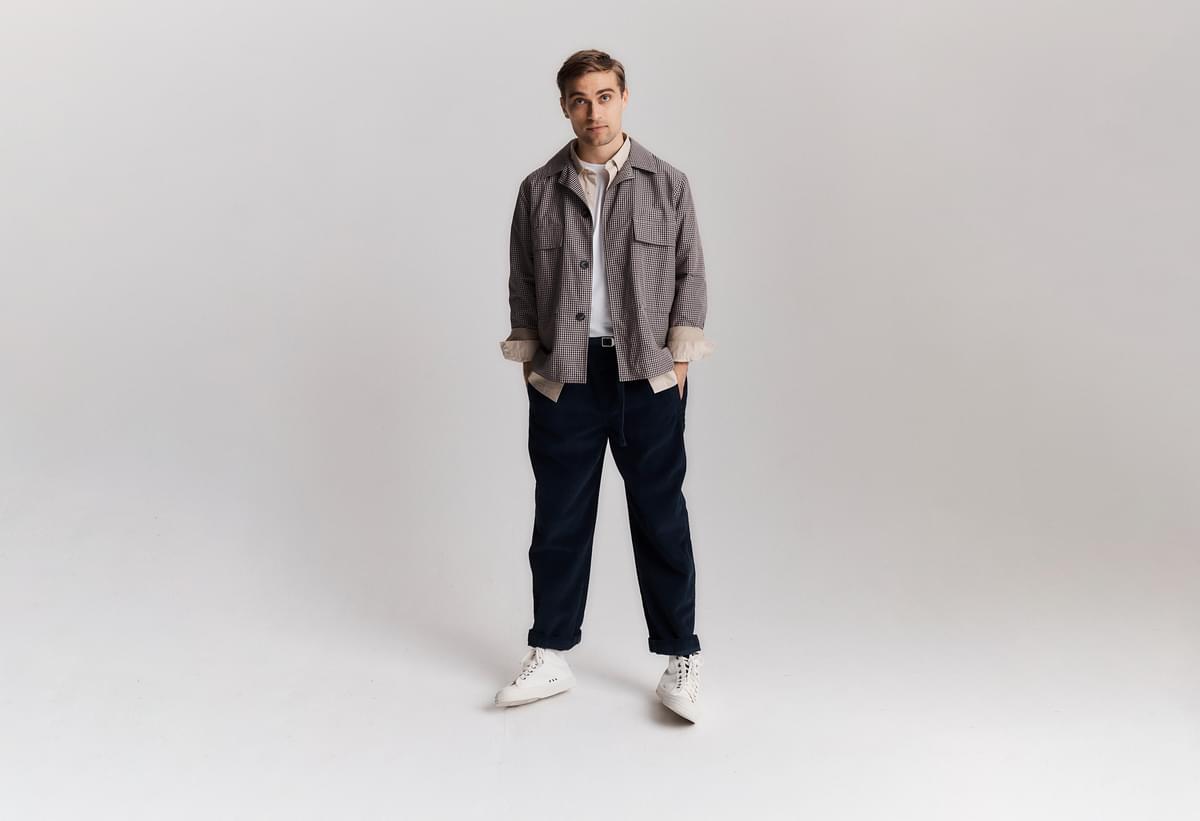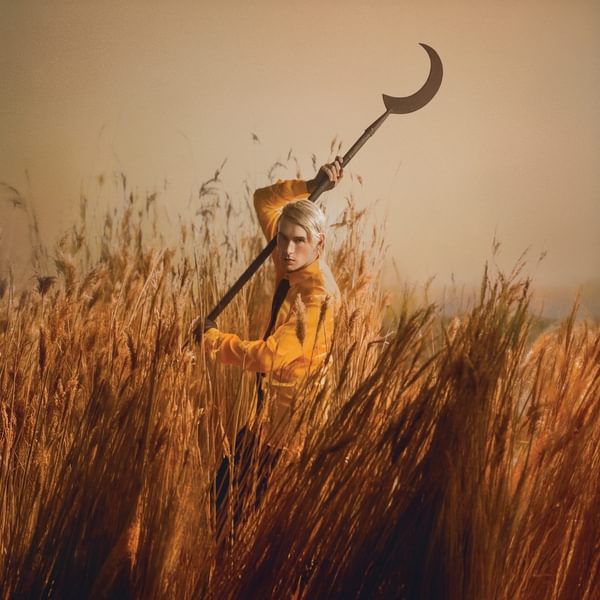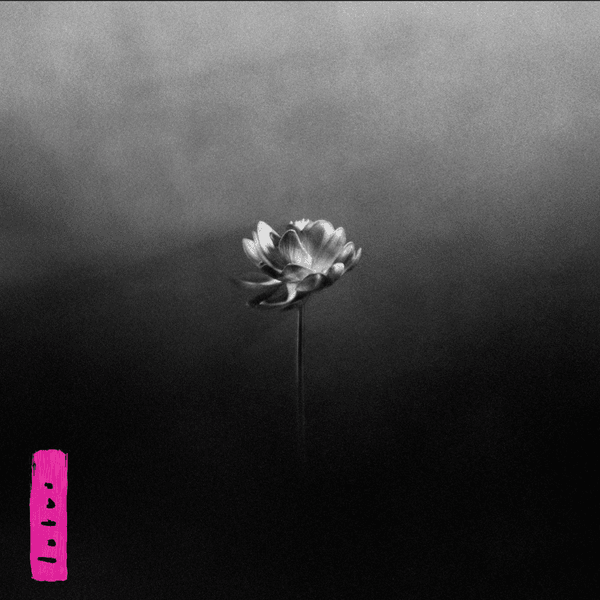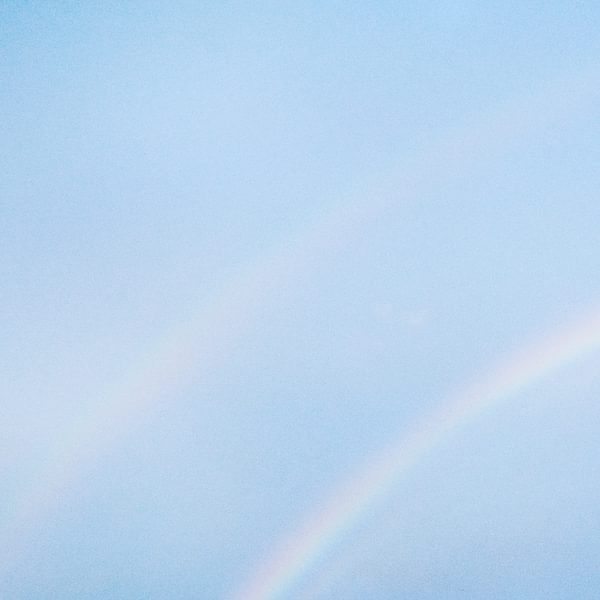
Learning to Fly
Playing with different incarnations of himself and his music, rising singer-songwriter Rhys Lewis has finally found a hard-won place of balance and self-assurance, he tells Sophie Walker.
Rhys Lewis’ debut album, Things I Chose to Remember, exemplifies the universality of the themes the young singer/songwriter chooses to write about.
Though coming from a personal place, these songs can resonate with anybody, regardless of culture or creed. “I tried to treat every single song on this album as its own little world, to build and create,” Lewis tells me, “The way that you consider your music and the approach you take, the sounds you use… all of these decisions you make within that process create a sense of an artist, or a tone that’s individual.”
His little worlds capture a collage of genres: piano-driven ballads; Americana; folk; the blues. “I still find it very difficult sticking to a genre,” he confesses. “At one point, I was really concerned that I didn’t sound like one thing, or that I had one genre for the whole of my catalogue. But I found it too difficult to stick rigidly to one thing. I think I’ve started to embrace that.”
Having recently performed a live video session at the prestigious RAK Studios in London, the pair of songs he recorded have now transformed into an EP, to give a taster for the record to come. These songs were “What If?” and “When Was The Last Time?”, chosen for their sweeping, resonant quality and string sections that took to the airy rooms and high ceilings of the repurposed Victorian church hall. “I thought it would be really great to use the string arrangements on the album and actually get a string section to play with us. We thought if we were going to do a live video at RAK, which is such an amazing space and a real privilege to perform and play there, we thought we should pull out all the stops and go for something like that,” Lewis says.
“You don’t get to play music like that very often,” he contemplates. “I think when you record music normally, you put it together in pieces and parts, so there’s never a moment. It’s a bit like when you play live: there’s a moment. I think what’s nice about doing a live recording on an EP is the fact you have to bring something to the session that brings that moment to life. I think that’s really special, not just for myself, but for everyone in that room at the time.
The record we have today is almost unrecognisable from the point it was at a year ago. Lewis scrapped almost the entire album, with the exception of a single song that made it to the final draft. “It was a strange time for my career”, he admits. The album he had originally recorded somehow lacked a sense of momentum. He released half of the songs as singles, which, he felt, was the best the record had to give. It was just a part of a jigsaw puzzle that didn’t fit; the pieces jammed together in an effort to make it work.
This deep-seated sense that something just wasn’t right extended beyond the studio, and into his relationships. “I didn’t have enough balance in my life at all”, he explains. As a self-employed musician, he was working from home in a studio set up, writing and recording unholy hours, unable to put his work down to spend time with his then-girlfriend. “It felt like, at the time, I had to choose between music or the relationship. Something had to be sacrificed, and something had to go. It felt like it was all-or-nothing for either one.”
Music stayed; the relationship had to go. But his reasoning for that - he can see clearly now - was just an “illusion”. He says, “Six months later, I sat there thinking, ‘I’ve not seen my friends; I’ve not got that relationship I was really enjoying; I haven’t seen my parents. I’ve just been working, working, working – getting really unhealthy and unhappy. The music was eroding the rest of my life. It was one of those break-ups where I did a lot of self-reflecting. I think that happens with every checkpoint in life. It made me realise that relationship was an amazing thing to have in my life, as opposed to something taking me away from my music and robbing time which I could be spending on it.”

The responsibility of being self-employed meant that Lewis found it difficult to draw the line between work and play. “Every hour of the day you can be working, you feel like you should be. You think the more you put in, the more you’re going to get out of it. When things aren’t going well and you’re not very happy, the obvious thing to do is work harder. But actually, the more you work, the more frustrated you get, and the less headspace you have for anything else, so that slowly, you get diminishing returns until you’re getting nothing back at all from anything in your life.”
These mounting pressures called for seemingly drastic decisions. “I fired my old manager, because we just weren’t getting along,” – and it was, ironically, at a time when he felt he had no direction that he found a new one. “It wasn’t initially a conscious decision to write more stuff and put that out instead. It was just trying to stay motivated and productive in a time of not having a manager, and I thought writing and recording was the best thing to do.”
It wasn’t long until, with a new manager onside, he was showing his new material to his label: a new chapter, a fresh start. It was the start of a new year, marked by the release of “Better Than Today” – an fragile, yet optimistic ballad about looking forward to a better future. “'Cause we’re all reaching for something / We're all craving change / Hopin' tomorrow, tomorrow / Is better than today / So let's keep searching for somewhere / We're gonna find a way,” he sings. “It felt like a really obvious, natural thing to do. It was a shame because I’d put a lot of work into that previous body of work. I’d become really close with the producers, so then turn around and tell them that it wasn’t going to become the album we’d hope was a real shame. But they both agreed that it was the right thing to do.”
"I think the best music can be heard in London: the best venues, the best jazz, the best orchestras. It inspires you and keeps you motivated."
London has been a pivotal place in not only shaping Lewis as a person, but ultimately as a songwriter; the city serves as the backbone the experiences he commits to paper. There’s little wonder, then, that there is an idea that if you want to succeed in any creative industry, a move to the big smoke is inevitable. “I think if you’d have asked me that when I was signing up to university, I’d have said, ‘It’s the place to be’, and all of that,” he says. “I think I would have been right in saying that, because ten years ago there was a London-centric kind of mentality, but I think now the internet has globalised music, I don’t think being there is essential at all. I think what matters is that you’re wherever you’re creatively inspired – for me, that was London.”
Moving to London, however, meant Lewis had to up his game. “I do think there’s a level of musicianship in London that’s greater than a lot of other cities,” he acknowledges. “I think the best music can be heard in London: the best venues, the best jazz, the best orchestras. It inspires you and keeps you motivated.” But Lewis hasn’t forgotten about his hometown in Oxford, which he says has a scene that helped him cut his teeth to prepare for the move. “There was a small network of musicians who were really great, ready to give you a lot of advice. A lot of it’s quite competitive in London, so moving straight there as a musician would be quite daunting. Oxford primed me for going to London, and taking on a slightly bigger stage.”

The only track that made the transition from the first draft, to the record we see today, was “No Right to Love You.” The reasoning behind that, Lewis tells me, was because it was one of the first songs that he wrote on his own. “It kind of set the wheels in motion for me as an artist,” he explains. Before that, he’d been playing alongside a band, juggling that dynamic, as well as a number of projects he’d met while studying at the London Centre of Contemporary Music. After having gone through another breakup at that time (“I’ve been through a few…” he jokes), the entirety of London reminded him too much of her. To get away from it all, a spur of the moment decision brought him to a friend in Greece, and “No Right to Love You” became the song that turned everything around. “It became a song that meant a lot to me, and subsequently meant a lot to other people. It was kind of the first song that I’d ever felt I’d nailed as an artist and as a songwriter. It became a sort of blueprint for what I wanted to be.”
"Recording on analogue tape forces you to think clearly and in detail about every single part that goes down, and how you can make each part do the most it can.”
Things I Chose to Remember has the unusual distinction of being a record made on analogue tape. Lewis’ producer invited him to his studio to experiment recording with a tape machine, an analogue desk and old gear. “I was instantly taken by the process. I think that a lot of people think of tape as an old-school sound, or this kind of nostalgic process. But the way we used it was more about challenging yourself to limit your musical choices.” Analogue tape, with its 24 channels, demands that musicians be selective with how they fill them, with a mic on a drum kit, for example, taking up to 8 channels – “It forces you to think clearly and in detail about every single part that goes down, and how you can make each part do the most it can.”
In a world of perfectionism and micro-editing, tape works in takes. There are no loop sections – you have to do it again. “It’s a challenge, but I think it’s a more rewarding process because you feel more connected to the music, not just relying on the technology at our fingertips to do the hard work. You’re not looking at a computer all day – you look at music, not a soundwave. Doing it on a laptop takes away the human element of what was played. Because you’re not fixing the tiny mistakes, your music ends up with a personality.”

Lewis writes best about love and loss. “What If” and “When Was the Last Time” are two songs that featured on the album’s forerunning EP, showcasing his ability to capture finer feeling. The latter was one which he wrote with his keyboard player, joining together over a slowly fading relationship. The song’s title was one which resonated deeply with both of them. “I think everyone’s been through that – and I’ve certainly been through that a few times – where you just notice all the little things that suddenly go missing, and you don’t have the same conversations and you don’t have the same closeness anymore. You go, ‘Something’s wrong, and I want someone to mention it, but should it be me or them?’”
Drawing from personal experiences is one thing, but when those experiences involve another person, it’s entirely another. “What If” is a song dedicated to the girlfriend that he had neglected over music; an apology for his past mistakes in the hope to hold onto a better future. “Obviously, it’s weird, because you don’t want to necessarily be texting your ex”, he says. By the time he was hoping to release the song, they were on good terms. When he got in contact with her to ask for her approval, she said, “It’s a really beautiful song, and I hate that I like it.” He explains, “The good thing about song-writing is it makes you sum up big emotions in quite a succinct, concise way. Even though it doesn’t explain everything, sometimes hearing something simplified to a kind of core feeling or an idea, was not only really cathartic for me, but also for my ex. It was an acknowledgement of, ‘Yeah, I get it’.”
"The good thing about song-writing is it makes you sum up big emotions in quite a succinct, concise way."
As a songwriter, Lewis stretched his arms far wider than matters of the heart. Not only is it the soundtrack to our emotions, but a soundtrack for the times. “What Wild Things Were” is his most expansive, cinematic track to date. “It’s a song set in the future about what we did to the world. If I have a daughter now, how am I going to explain to her all the shitty decisions our society has made? She’d be like, ‘Why can’t I enjoy all the things you enjoyed in nature and why can’t I enjoy the life you had?’ – ‘Well we fucked up the world too much before you arrived.’ For me it was something I wanted to make powerful and slightly angry and moody, that one especially with the strings. I wanted it feel epic.”
“I wanted it to be more artistic than a pop song,” Lewis says. “I wanted it to feel like it had more gravity to it. To create that we thought a lot about that piano part. One of the lyrics is ‘When you still woke up to the sound of the birds’, so we started with sort of a fluttery texture on the piano part to try and make it feel like this soaring flock of birds was tweeting away in the sky - it has this airiness to it. From there we built this darkness using quite low growly cinematic sounds and a quite moody piano to feel like a warning. The whole thing feels like it grows and reaches a climax towards the end of the song as if it’s this realisation.”

It’s a track that can almost be described as political, tapping into a global anxiety that has been horribly mishandled. The role of music in politics is something Lewis acknowledges, but believes has been dwindling in its influence. “When you think how important it has been in history, and how effective it has been to create political movements and change, I don’t know it’s been quite as effective in recent years. I don’t think that [“What Wild Things Were”] in particular is as pointed as, say, Bob Dylan. He was writing as a voice of change, and for a movement – he was standing up to things in a very clear way. I think with writing this song, it was something I wanted to write politically and comment on personally, but I didn’t want it to sound too preachy or feel too political. I hid that within a message of hope and understanding.”
The potency of music in a context of political change, Lewis thinks, has changed because of the way we listen to music. “The sound of music these days doesn’t lend itself to that kind of message. Maybe music has become more about escapism. Maybe that’s because we consume it in a background way now; music used to be where you had to buy a record or listen to it on the radio, and everyone was listening to the same thing. You didn’t have all these songs at your fingertips, so maybe the reason why it was uniting for lots of communities and political movements was because of that.”
But more than that, Lewis’ music is a comfort; a familiar voice that understands, has been there before. During lockdown, he has been a source of light relief. From his Monday night cooking session, to his midweek music quiz and his “Big Night In” music sessions, enlisting the likes of Zak Abel to lend his talents, he bridges the gap between the musician and the fan.
Despite Lewis finally feeling comfortable in his own skin as an artist, Things I Chose to Remember is a statement of intent – not the final say. “I don’t think I wrote an album,” he says. “It’s not a debut album: I would call it a collection of songs. I grew up listening to albums with concepts, like Led Zeppelin, Fleetwood Mac, Paul Simon… that kind of body of work is certainly one thing I’d like to be able to strive for with my next one. It’s a real challenge for any artist.”
Success for Rhys Lewis, however, isn’t something so easily quantifiable. Instead, his success is quantified by feeling. “I think it’s not chasing the big days, but making every day feel as fulfilling and as enjoyable as possible, because maybe chasing success – or w what we consider as that stereotype of success – we fail to see the small successes in every day.” But above all, Lewis is still striving for that sense of balance. “I think balance is a privilege, really,” he tells me. “You can’t ask for more than that. To be able to achieve that with something you love to do… well, that’s the icing on the cake, isn’t it?”
Get the Best Fit take on the week in music direct to your inbox every Friday

Patrick Wolf
Crying The Neck







